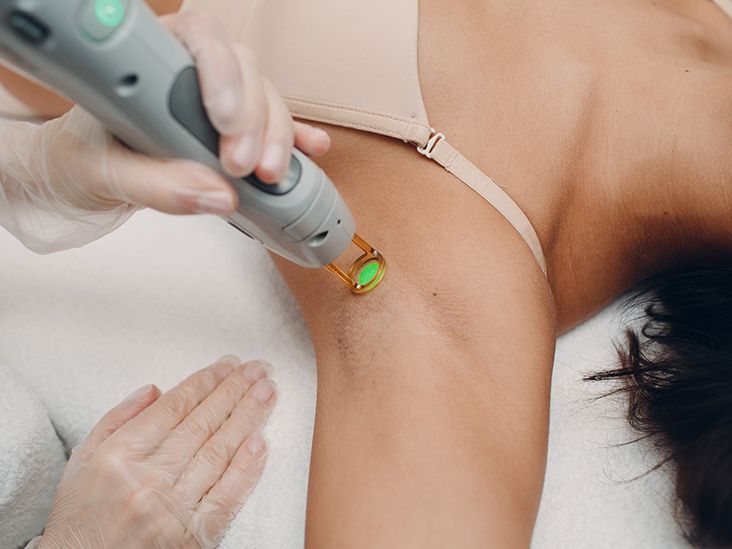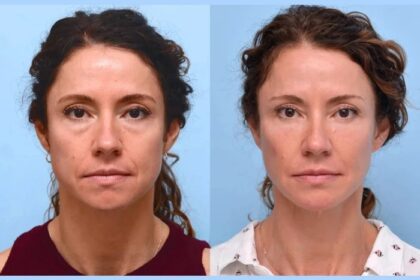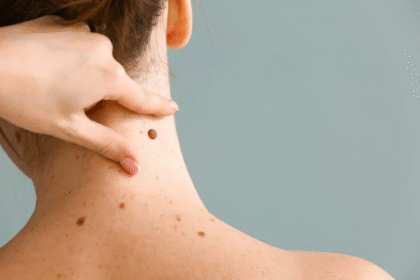In Islam, personal cleanliness and hygiene are considered part of faith. Regular grooming, including the removal of certain body hair, is not only encouraged but regarded as part of a healthy and respectful lifestyle. The removal of underarm and pubic hair, trimming nails, and overall cleanliness are seen as acts of obedience and personal dignity.
With modern technologies like laser hair removal becoming widely accessible, many Muslim women question whether such practices align with Islamic teachings. While the desire to feel clean and comfortable is natural, the method used must be examined within the framework of modesty, privacy, and intention. A common question that arises is: Is laser hair removal Haram?
The Importance of Modesty and Privacy
Modesty (haya) is one of the most emphasized values in Islam. It encompasses more than just how a person dresses — it extends to speech, behavior, and how the body is treated. Protecting one’s body from unnecessary exposure is part of upholding modesty. Islam defines private areas of the body, referred to as ‘awrah, which should not be exposed except under necessary conditions.
For women, the ‘awrah includes the body parts that must remain covered in front of non-mahram men and even, in some cases, in front of other women. This is where the question of receiving hair removal treatments from another woman becomes sensitive. If privacy is respected and exposure is limited to what is necessary, some scholars consider the practice permissible.
When Is Professional Help Acceptable?
Grooming procedures like laser hair removal sometimes require the assistance of a professional. If the person performing the procedure is a woman and the environment is private, the act is generally viewed with more flexibility in Islamic law. What matters most is that the process does not involve unnecessary exposure or violate modesty.
If the area being treated is not part of the intimate ‘awrah, and the procedure does not result in excessive exposure, there is less concern. Areas like the arms, legs, and facial regions are typically not considered part of the private parts and can be treated by another woman without compromising religious boundaries.
However, for areas considered sensitive or intimate, such as the pubic region, thighs, or chest, Islamic rulings are much more cautious. Even among women, unnecessary exposure of these areas is discouraged unless it is for a valid need, and even then, must be approached with care and respect.

Gender of the Practitioner Matters
Islamic guidelines place great importance on gender interactions. Being treated by someone of the same gender significantly reduces the religious concerns surrounding privacy and modesty. This is especially true when the procedure involves parts of the body that are generally not meant to be exposed.
Receiving laser hair removal from a woman instead of a man helps maintain the integrity of modesty. For this reason, if a Muslim woman decides to pursue laser treatments, seeking a female practitioner in a private setting is essential to align the process with Islamic teachings.
Is Laser Hair Removal Haram in All Cases?
The general ruling around the question Is Laser Hair Removal Haram depends on how the procedure is carried out. The process itself is not inherently forbidden. What matters most is whether the act involves behavior that violates Islamic principles — such as improper exposure, unnecessary beautification, or inappropriate interactions.
When the procedure is done modestly, by another woman, with respectful intention, and only what is necessary is exposed, it is not automatically considered haram. The context, intention, and environment all shape whether the action remains within the boundaries of faith.
The Role of Intention and Moderation
In Islam, the internal motivation behind any action plays a significant role in determining its permissibility. If a woman undergoes laser hair removal with the sincere intent of cleanliness, ease, or marital comfort, her actions reflect positive spiritual intention. But if the intention leans toward vanity, attracting public attention, or imitating questionable beauty trends, the permissibility becomes more uncertain.
Islam promotes balance in all aspects of life, including self-care. While it encourages neatness and hygiene, it also warns against extremes. Hair removal should not become a pursuit of excessive appearance changes or pride. Instead, it should be guided by humility and personal comfort.
Understanding the Limits of Exposure
Even when the practitioner is a woman, care must be taken not to expose more than what is necessary. Islamic teachings are clear that modesty must be preserved in all possible ways. The exposure of the ‘awrah without urgent need is discouraged, even if no men are involved.
Therefore, it is crucial that procedures, especially on sensitive areas, be done in environments where privacy is guaranteed. A professional setting that honors a woman’s modesty and ensures limited exposure aligns better with Islamic values.
When Doubt Remains
If a Muslim woman is unsure whether a particular treatment aligns with her faith, she is encouraged to seek knowledge and consult a qualified scholar. Sometimes, personal circumstances or medical needs create exceptions that allow for certain actions under specific guidelines.
However, when doubt remains and clarity cannot be achieved, the principle of caution is often recommended in Islamic law. When in doubt, choosing the safer path protects one’s modesty and spiritual comfort.
A Balance Between Faith and Comfort
Islam does not prohibit women from taking care of their appearance. On the contrary, it encourages cleanliness and personal dignity. What matters is the approach — how it is done, who performs it, and why it is being done.
When performed by another woman, in a respectful, private setting, and for reasons that are within the scope of personal hygiene or marital harmony, laser hair removal may be considered permissible. The key is ensuring that modesty, both internal and external, is not compromised in the process.
Conclusion
So, Is laser hair removal Haram in Dubai ? In many cases, yes — provided the environment maintains privacy, the practitioner is of the same gender, and the area being treated does not involve unnecessary exposure of intimate parts.
Islam values cleanliness, self-respect, and modesty. When laser hair removal is done with thoughtful intention, in a proper setting, and within the boundaries of modesty, it does not contradict Islamic teachings. It is a matter of balancing physical care with spiritual awareness, ensuring that every action reflects both personal dignity and religious values.





